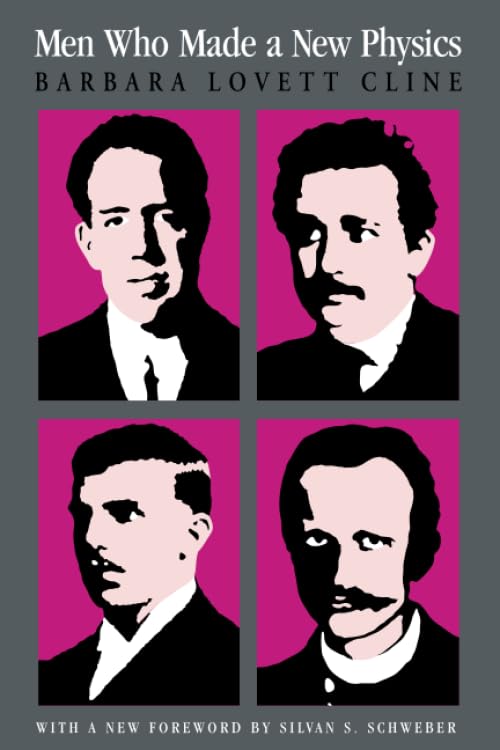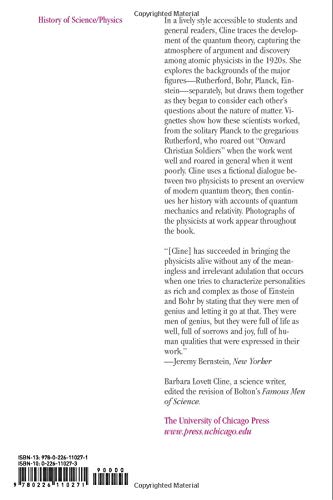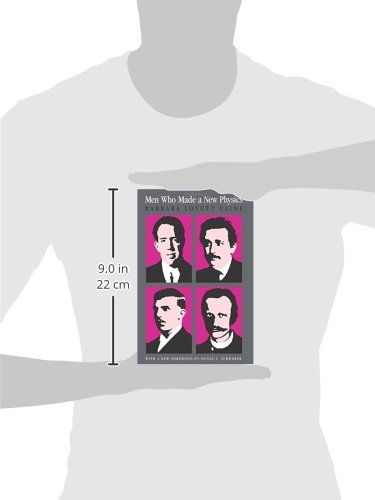Customer Services
Copyright © 2025 Desertcart Holdings Limited




Full description not available
G**.
An enjoyable story of the personalities involved
I’m halfway through the book and had to stop to write a review. This is a great book the focuses first on the story of the players, their personalities, and their contributions. Supporting facts are there too, but the story of the people is the lead. Now that’s not surprising given the title of the book, but it’s also an enjoyable, accessible read.
A**N
Five Stars
The book wasin excellent condition, and I got it for a very reasonable price.
K**R
Five Stars
Fantastic book
M**T
Great book of great men
I have to tell you, I loved this book. If you are a fan of either science history or quantum physics, this book is for you. It does a pretty good job of explaining the basics of the science, but the science is a lot easier to remember and understand when you learn the great stories of how they discovered it.Do we owe the Uncertainty Principle to allergies? Read the book to find out?
R**C
Early 20th Century Physics and Physicists
The period from the late 1800's through the mid-1900's was a period of dramatic change in physics, from "there is little more to discover" to the (still-continuing) search for a grand unification theory. The author does a superb job of telling the story of the people and their thought processes in layman's language and in a way which allows the reader to follow the continuity. Begins with the work of Helmhlolz, Rutherford and Planck in classical physics and continues through the work of Bohr, Einstein and others through to Heisenberg and Schroedinger. Not an easy story with multiple research streams occurring simultaneously ... highly recommended.
J**S
The development of the Quantum Theory and its contrast to relativity are explored.
This book outlines the personalities of the major figures of physics, Rutherford, Bohr, Plank, Einstein, Schrodinger, Dirac, Born, etc. while explaining the development of quantum theory. The book also talks about relativity and compares it to quantum theory; that is, it compares the thought processes of the creators of both theories. To quote the book, 'in one important sense relativity theory is not a radical departure from traditional scientific thought. It does not challenge determinsim, the burning question, Erwin Schrodinger called it.' Quantum theory does challenge determinism; that is, in quantum theory, one cannot obtain exact information, and as a consequence, make exact predictions. This is due to the uncertainty principle of Heinsenberg. Einstein did not like this, and the book in the end details the conversations between Einstein and Bohr at the Solvay conference and beyond.
Trustpilot
5 days ago
2 months ago
2 weeks ago
1 month ago